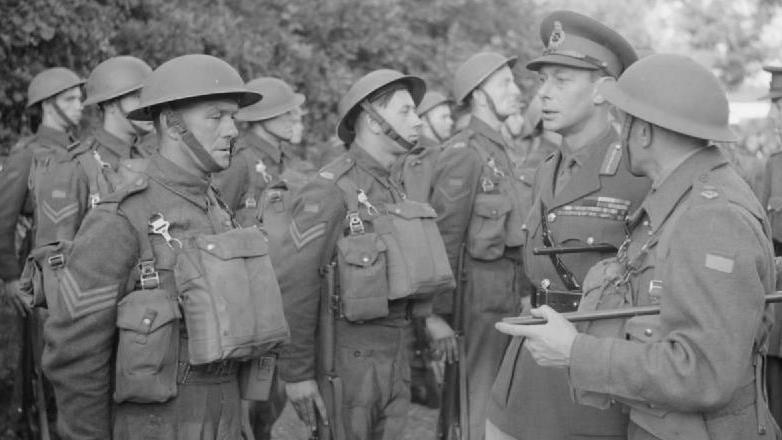The British woman who fought in World War One
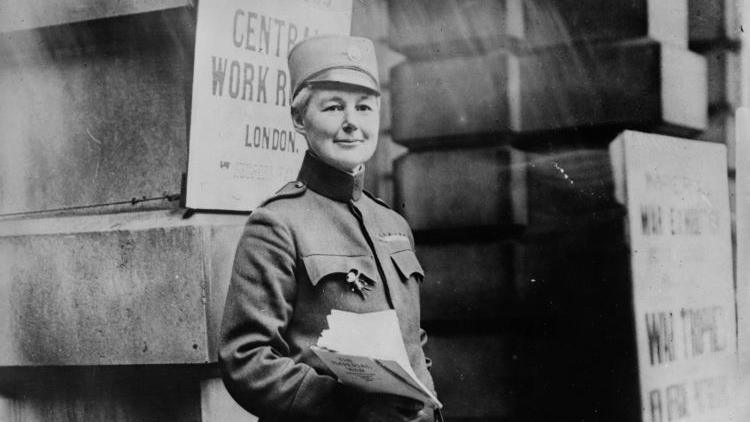
Flora Sandes from Suffolk fought in both World War One and Two
- Published
A soldier who was officially the only British woman to fight on the front line during World War One has been hailed as a "pioneer for women" by a local historian.
Flora Sandes, born in 1876, grew up in Marlesford near Wickham Market in Suffolk and joined the Serbian army after not being able to join the British.
She fought against the Germans and rose in ranks over time before later moving back to Suffolk.
Janette Robinson, a local Suffolk historian, gave a talk in Ipswich about her life on Wednesday for the Suffolk Family History Society ahead of Remembrance Day on Monday.
Ms Sandes was born in Nether Poppleton near York.
Ms Robinson explained she was the daughter of a "very well connected" Anglo-Irish vicar who became the Marlesford vicar and moved the family there.
When World War One broke out in 1914, she was 38 and was keen to serve.
"She ended up volunteering for the Red Cross when World War One broke out and she was rejected because she only had St John's Ambulance Brigade certificates and no practical experience," Ms Robinson told BBC Radio Suffolk.
"That really upset her and she then discovered there was a group of volunteer nurses going to Serbia and she went with them."
She worked in Serbia for several years, but when the country was invaded in 1916 and they were told to retreat, Ms Sandes refused to abandon the forces she had been assigned to and instead joined them.
She was the only British woman fighting directly against the Germans.
Over time she rose in the army's ranks up to an officer and, according to Ms Robinson, she is still remembered in Serbia today for her efforts.
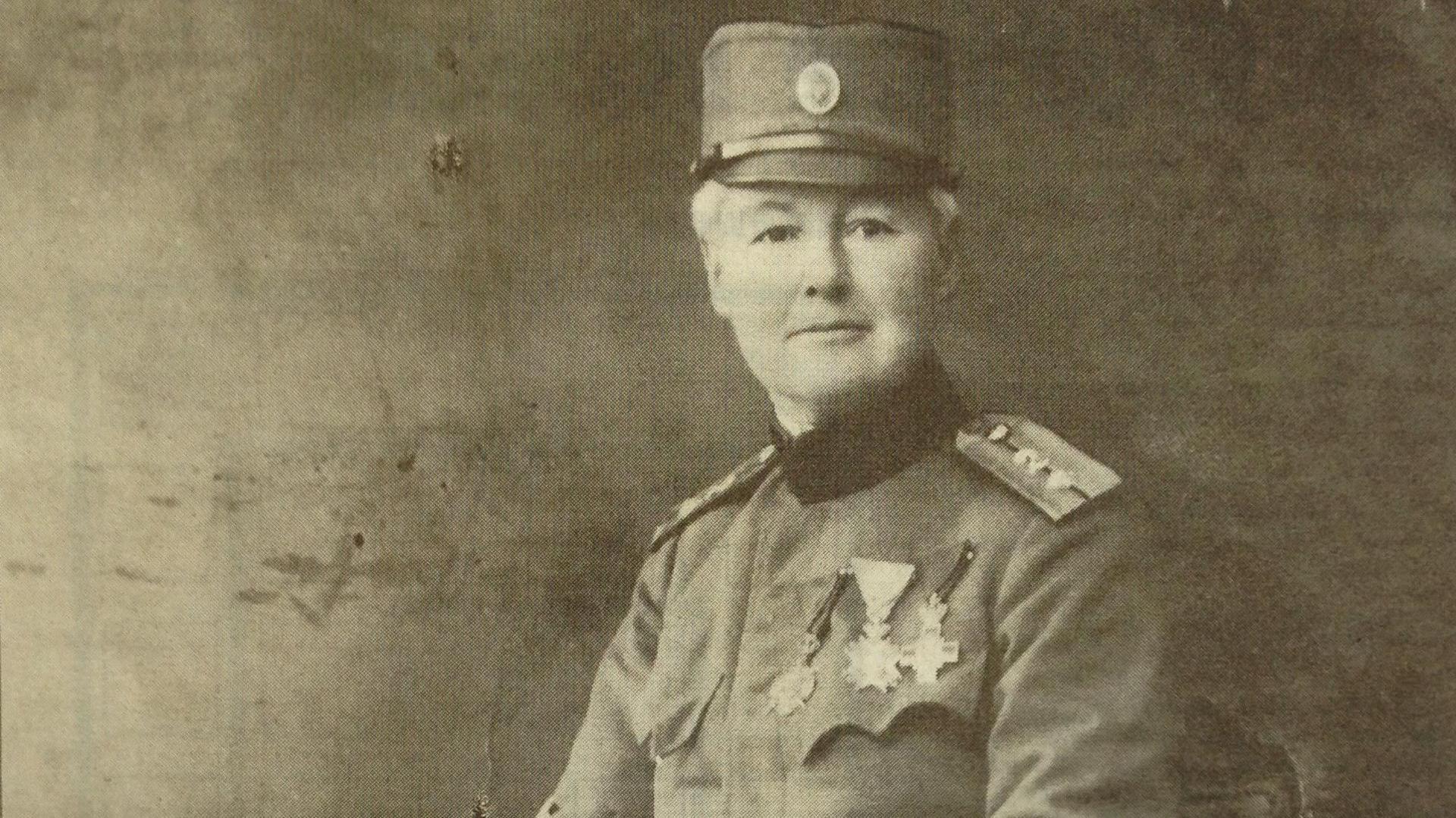
Flora Sandes struggled to adjust to normal life following World War One
After the war ended in 1918, Ms Sandes was said to have struggled to turn back to normal life in England.
"She drank, she smoked, she did everything a man did and she did it very well," Ms Robinson said.
"Women didn't do that and so after the war she found it very difficult to adjust.
"Men found it very difficult to talk to her and so did women."
Years later after she had also fought in World War Two, her husband died and she moved back to Suffolk. She died in 1956 aged 80.
Flora Sandes joined a WW1 Army and fought on the front line.
Ms Robinson came across her story while working as an archivist at Wickham Market Archives.
"There was only one folder dedicated to a person (Ms Sandes), all the other folders were dedicated to a subject," Ms Robinson said.
"I began to research but she did keep a diary for most of her life - that is in the Imperial War Museum.
"All of her paperwork has been deposited by her family in the Imperial War Museum and there have been quite a few books written about her.
"In fact she wrote two autobiographies herself so the story is out there but although she was known completely throughout the Commonwealth she is hardly known today which is sad."
Ms Robinson said her talk at Salvation Army Citadel in Ipswich had only scratched the surface of her life and she had many adventures.
"She really was a pioneer for women [and] for anybody who wants to do what they want to do," she added.
"She wanted to enjoy life and she did a lot of good things.
"I think she's an inspiration to a lot of people."
Get in touch
Do you have a story suggestion for Suffolk?
Follow Suffolk news on BBC Sounds, Facebook, external, Instagram, external and X, external.
Related topics
Stories like this
- Published6 November 2024
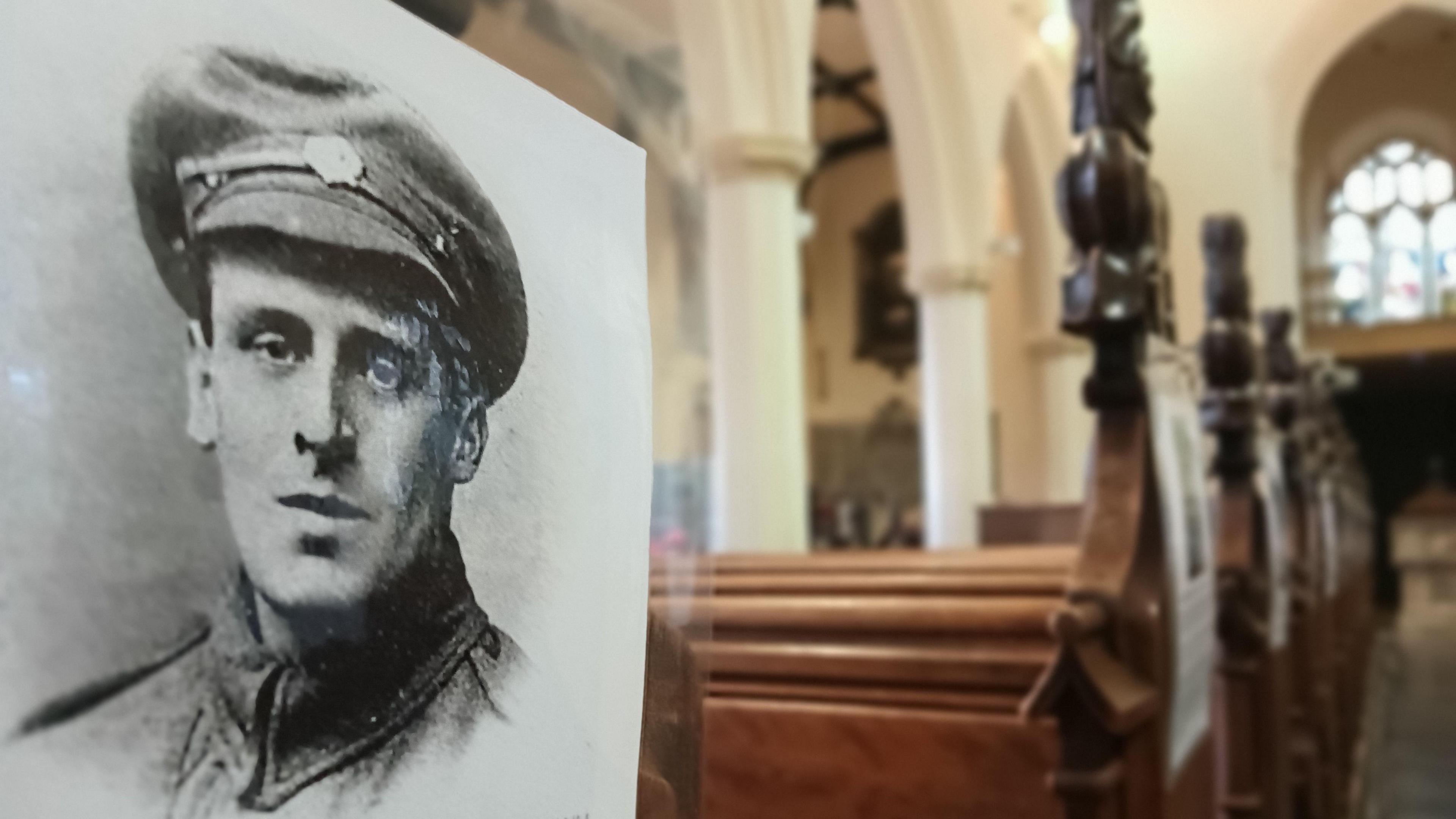
- Published2 November 2024
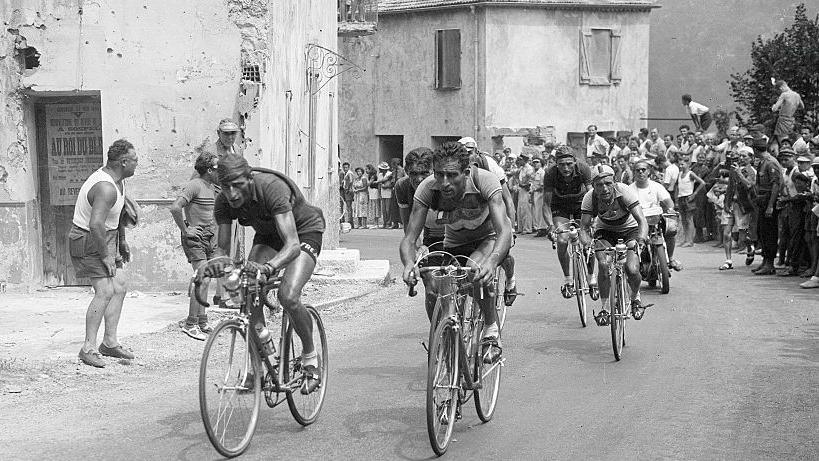
- Published29 May 2024
